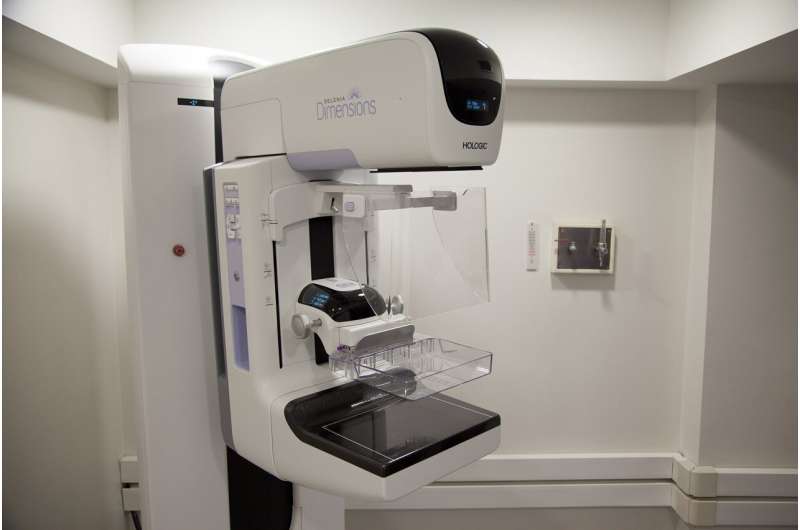Understanding Functional Neurological Disorder: A Hidden Cause of Tremors, Seizures, and Paralysis

Imagine experiencing sudden loss of movement, inability to speak, or severe tremors, and upon visiting the hospital, all tests come back normal. This situation is all too common for individuals with functional neurological disorder (FND), a condition frequently mistaken for more well-known neurological issues such as multiple sclerosis (MS), stroke, or epilepsy.
FND is characterized by a wide range of neurological symptoms that cannot be explained by traditional structural brain damage. Instead, it involves dysfunction in how the brain processes information, affecting movement, sensation, and consciousness without the typical signs of neurological damage.
Symptoms of FND are highly diverse and often change over time, making diagnosis challenging. Patients may experience paralysis, abnormal movements like tremors or tics, sensory disturbances like numbness or vision loss, dissociative episodes such as seizures or blackouts, cognitive issues like brain fog, and chronic fatigue or pain. Without appropriate treatment, these symptoms can persist for years, sometimes leading to disability, like the need for wheelchairs.
Despite its prevalence—affecting approximately 10 to 22 individuals per 100,000 annually—FND remains under-recognized and misunderstood in medical practice. Many healthcare providers lack awareness, leading to delays in diagnosis and treatment, and patients often face skepticism, being falsely accused of feigning symptoms.
FND affects mostly women and younger individuals but can occur in anyone. Its development is linked to biological, psychological, and social factors, including genetics, traumatic events, anxiety, depression, stress, and physical injuries. Notably, many patients do not associate their symptoms with trauma, illustrating the disorder's complex origins.
Effective management of FND involves early recognition and multidisciplinary treatment, including personalized physiotherapy, psychological therapies, and education about the disorder. Understanding that FND is a legitimate neurological condition helps reduce stigma and empowers patients to participate actively in their recovery. Addressing co-existing mental health issues like anxiety or depression also plays a crucial role.
Historically rooted in sexist misconceptions and misunderstood as hysteria, the recognition of FND as a valid disorder has advanced, yet significant stigma persists. Improving education among healthcare professionals and increasing awareness in the community are essential steps in providing better care.
Looking ahead, ongoing research explores innovative therapies such as non-invasive brain stimulation and specialized rehabilitation programs. Support from patient organizations and advocacy efforts aims to improve diagnosis, treatment, and education worldwide, fostering a future where FND is better understood and managed effectively.
Stay Updated with Mia's Feed
Get the latest health & wellness insights delivered straight to your inbox.
Related Articles
Long-Term Psychological and Physical Effects of Meningococcal Disease in Adolescents Revealed by Recent Study
Research from the University of Adelaide reveals that nearly 60% of adolescent meningococcal disease survivors experience long-term psychological and physical effects, underscoring the importance of comprehensive post-recovery support.
Pediatrician Warns that Banning Fluoride in Public Water Systems Jeopardizes Kids' Oral Health in Rural and Low-Income Communities
Legislation banning fluoride in public water supplies threatens to increase dental cavities among children in rural and low-income communities, warns pediatrician. Experts emphasize the importance of water fluoridation for preventing childhood cavities, especially where dental care access is limited.



